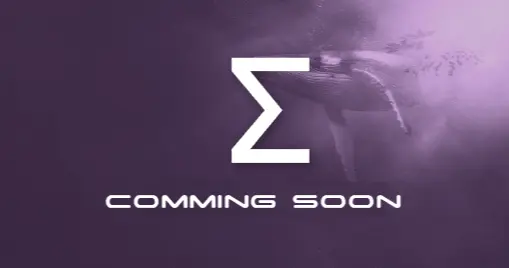Dobrodošli na Rub Śjutrašnjice: Otkrivanje Σ
Zakoračite u budućnost gdje se informacije susreću sa inovacijama. Σ, kreacija izvan mašte, čeka da transformiše vaše digitalno putovanje. Pokretan pionirskim MontenegroGPT-om, pozivamo vas da doživite svijet gdje se sadržaj ne samo otkriva, već se razotkriva sa ličnim dodirom. Jeste li spremni da budete korak ispred i istražite vrhunac povezanosti? Budućnost je ovdje, i ekskluzivna je za one koji se usuđuju da zakorače naprijed.
Days
Hours
Minutes
Seconds
-
Podgorica, Crna Gora
-
info@montenegro.ai
